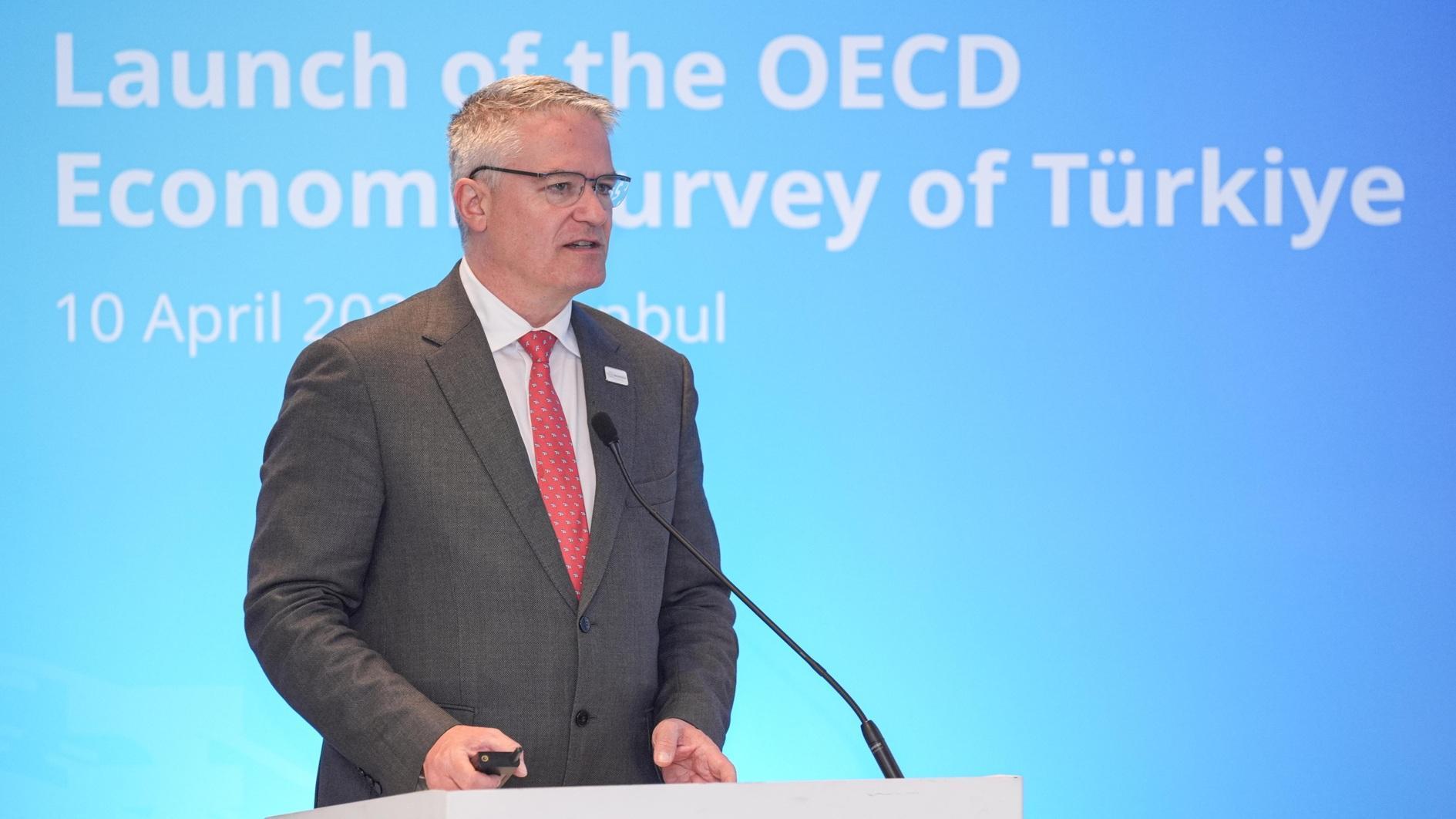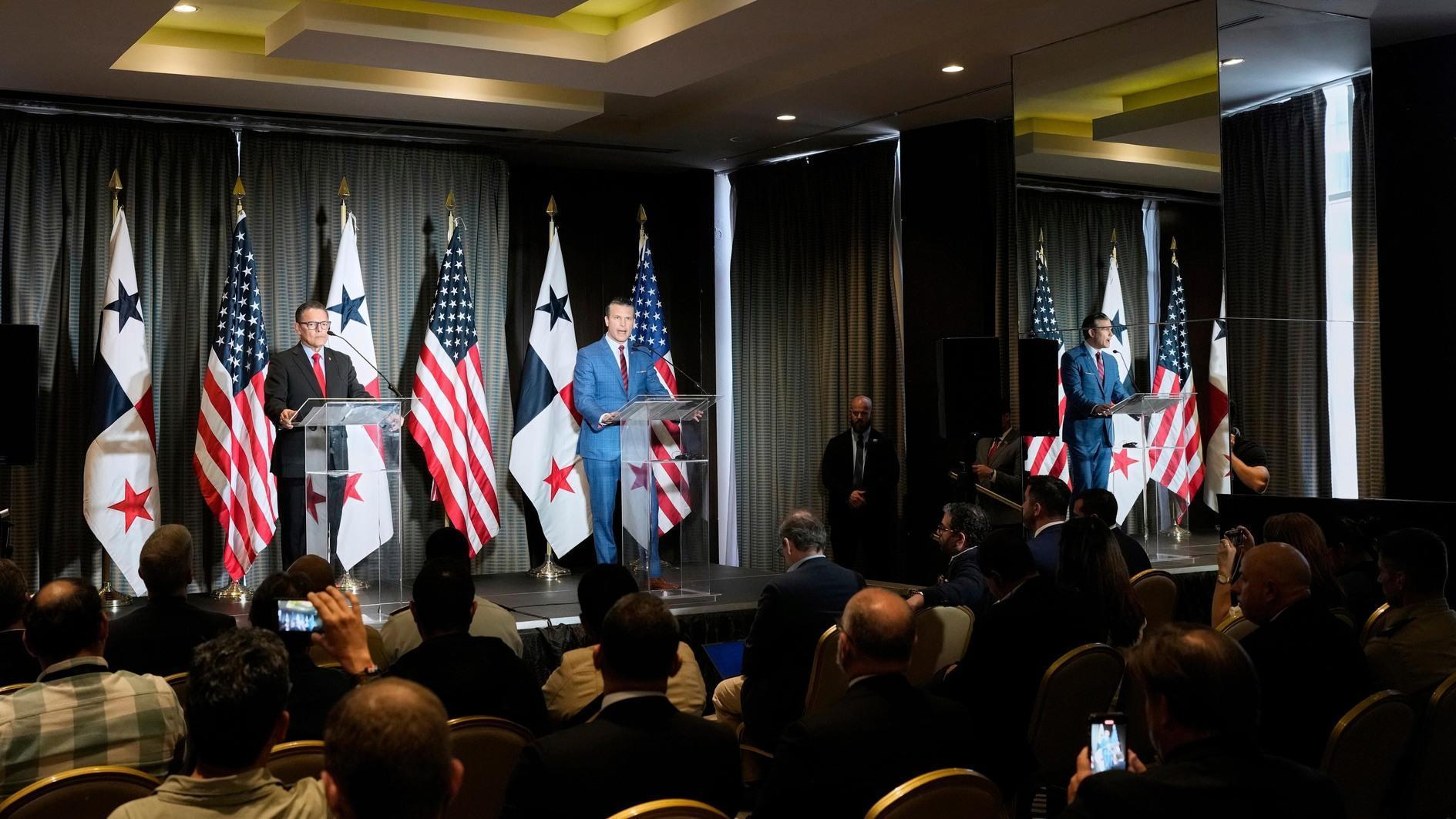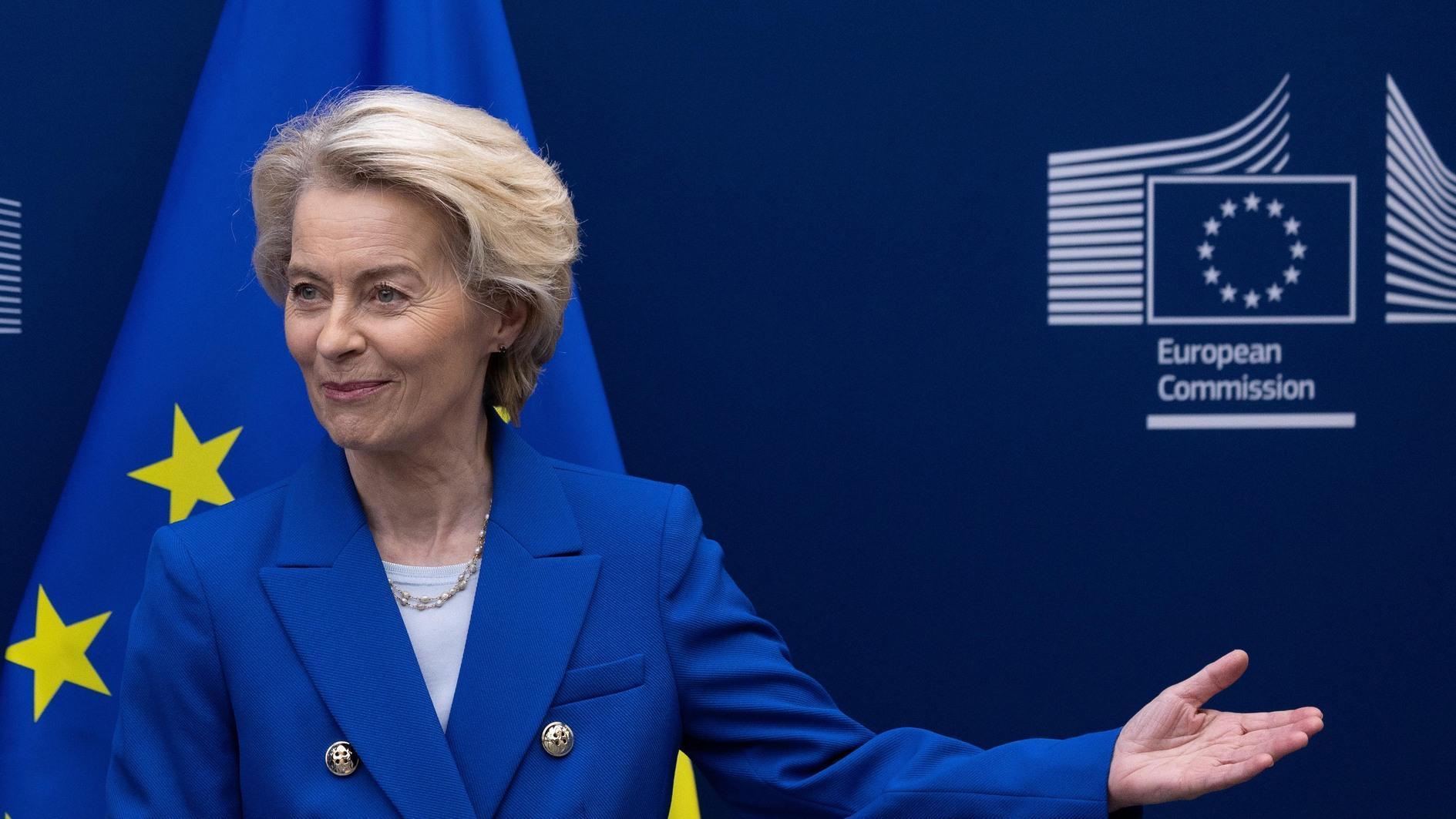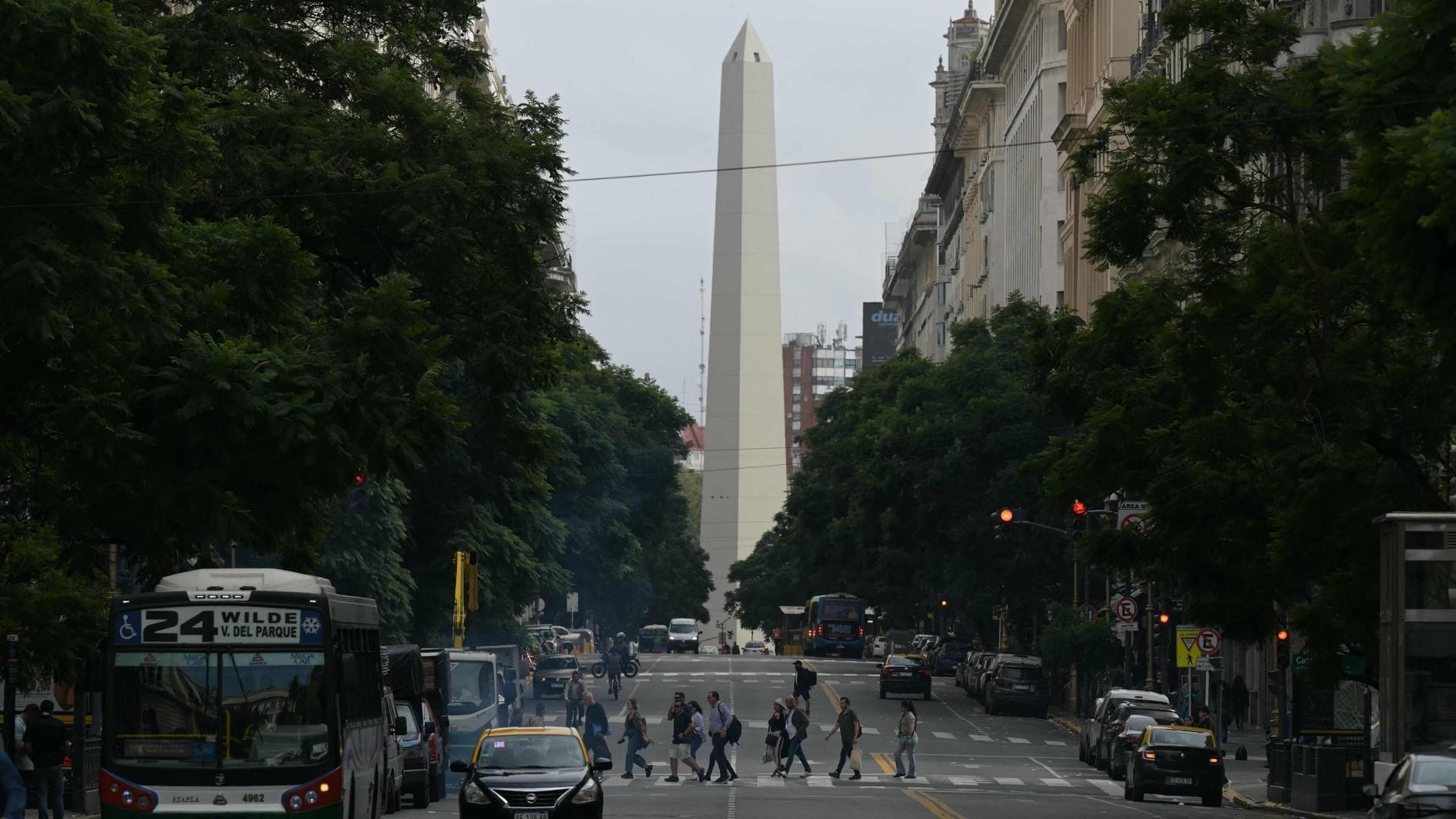Cleric eyes government as election upset rocks Iraq
BAGHDAD
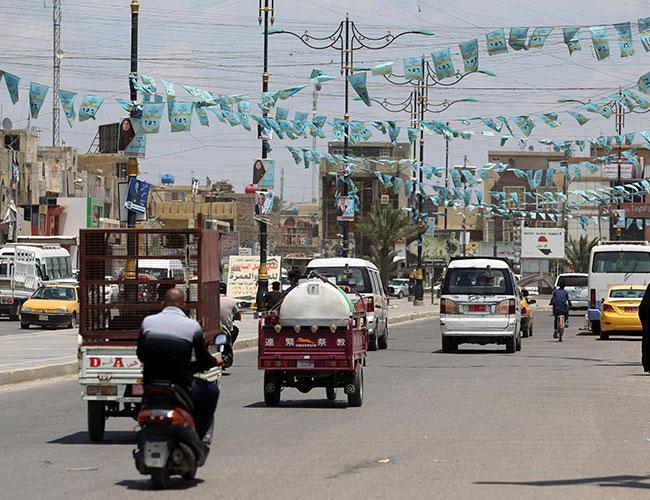
Populist Shiite cleric Moqtada Sadr eyed yesterday a broad coalition after appearing to deal a blow to both Iranian and American influence with a shock election triumph that has upended Iraqi politics.
Counting was still ongoing three days after the first parliamentary poll since the defeat of Islamic State of Iraq and the Levant (ISIL), but the fiery Shiite preacher’s grouping was in the lead with 16 of 18 provinces tallied.
Victory for the veteran nationalist’s Marching Towards Reform alliance with Iraq’s communists - pitched an anti-corruption outsider force - would be a slap in the face for Iraq’s widely reviled ruling establishment.
Sadr - who has ruled himself out of becoming prime minister - looks likely to be the key powerbroker and has already mooted a technocrat government of some dozen parties that bridge sectarian divides.
But with his group set to be far from a majority in parliament, wrangling over any potential coalition should take months -- and there remain major obstacles ahead that could thwart Sadr’s ambitions.
The elections on May 12 - hit by record abstentions - saw a clear rejection of the Iraqi elite that has run the country since the ouster of Saddam Hussein in 2003.
Tallies put the anti-establishment Conquest Alliance of pro-Iranian former paramilitary fighters who helped battle IS in second, and incumbent Prime Minister Haider al-Abadi’s bloc back in third.
Abadi - a consensus figure favored by the U.S. - had been seen as likely frontrunner after declaring victory over the jihadists five months ago.
Sadr rose to prominence in the wake of the U.S. invasion, when his militia fighters fought a bloody insurgency against American troops.
After years on the sidelines, he has now reinvented himself as a crusading champion of the poor who has linked up with secularists to battle corruption.
Supporters in his impoverished Baghdad stronghold Sadr City were hopeful that victory could spell improvements.
“If we want to change things then the prime minister needs to come from Marching Towards Reform,” said Salah Jamal, 24.
“We have tried all the others,” Jamal insisted.
“But we have had no results.”
The protracted horse-trading ahead comes as surging tensions between the U.S. and Iran after Washington’s withdrawal from a landmark nuclear deal with Tehran have sparked fears of a tug-of-war over Iraq.
Sadr is one of the few Iraqi politicians who is opposed to both the presence of American troops in Iraq and the overbearing influence neighboring Iran exercises over the country.
In a surprising pivot last year he visited regional Sunni powerhouse Saudi Arabia to the south, with Riyadh looking to increase its involvement in Iraq as it vies with Tehran.
Sadr is likely to face fierce opposition from established political forces, who may look to coalesce in a bid to stop him taking control.
Political sources told AFP on May 15 that Tehran was already pushing meetings among his Shiite rivals to seek a way to head off Sadr.
One of the alliances being suggested would see Abadi link up with the Conquest Alliance of former anti-ISIL commander Hadi al-Ameri.
Also in the mix is ex-prime minister Nuri al-Maliki, a divisive figure blamed for losing territory to IS and stirring sectarianism, who has cultivated ties with Iran.
While speculation swirls, the next concrete step remains completing the vote count and firming up the final makeup of Iraq’s new 329-seat parliament. Recounts following disputes in the Dohuk and Kirkuk provinces have delayed any final announcement, but officials said a full tally should be out over the next two days.


